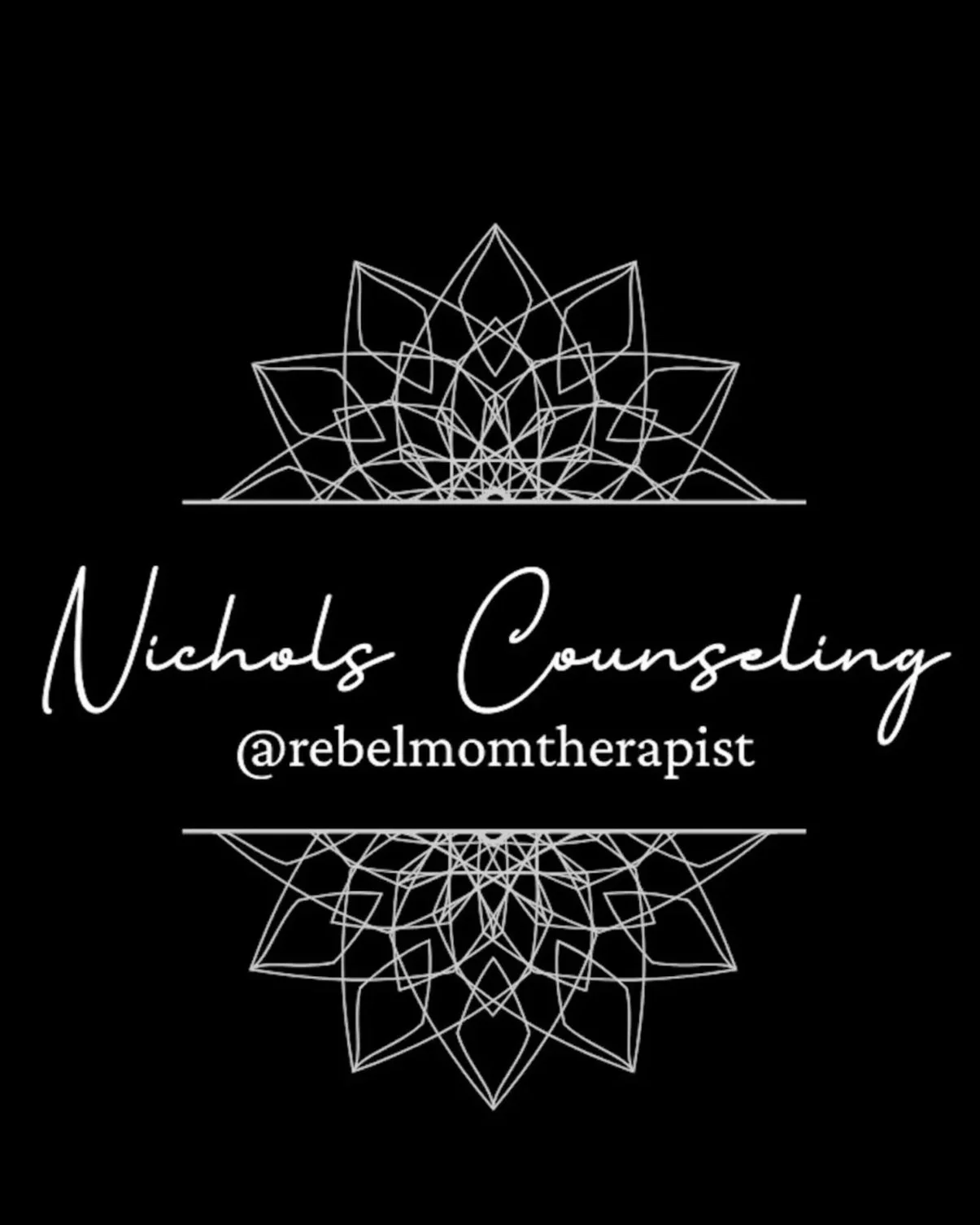The Real Deal
Mental health awareness has become increasingly important in recent years, and for good reason. While we have made great strides in understanding the complexity of the human brain, there is still much to learn about the connection between our mental and physical health.
The Mind-Body Connection is the REAL DEAL… it's not just some woo woo wellness concept.
In our everyday lives, our mind-body connection is a key factor in determining how we feel, both mentally and physically. Add onto this having a new baby and WOWZA! It can get intense.
As a psychotherapist, I have seen firsthand the power of the mind-body connection in helping people improve their mental and physical wellbeing. Working with many new moms who are struggling with the impact of mental health on their parenting, I have found that through therapy, meditation, or other mind-body practices, there are many ways to harness the mind body connection and improve our overall health and wellbeing.
Stress and Overwhelm:
One of the key ways in which the mind-body connection can impact our health is through the stress response. When we experience stress, our body releases a hormone called cortisol, which can have a number of negative effects on our physical health over time. Chronic stress has been linked to a range of health problems, including heart disease, high blood pressure, and digestive issues.
However, by learning to manage our stress levels through practices like mindfulness meditation or yoga, we can help to reduce the amount of cortisol in our bodies and improve our overall health. These practices can also help to improve our mental health by reducing symptoms of anxiety and depression, and helping us to feel more grounded and centered in our daily lives.
The Dreaded DOOM Spiral
Another important aspect of the mind-body connection is the impact that our thoughts and beliefs can have on our physical health. Research has shown that people who have a positive outlook on life and a strong sense of purpose tend to be healthier and live longer than those who don't. By cultivating a empowered mindset through thought work and focusing on our values and goals, we can help to improve our mental and physical wellbeing and lead more fulfilling lives.
Ok… now that we know that it’s a thing, what now?
For new moms, here are the 5 most common issues that I see, along with some tips for managing them:
Postpartum depression and anxiety: These are very common mental health issues that can affect new moms, and they can have a significant impact on parenting. Symptoms may include feeling overwhelmed, irritable, anxious, or sad. It's important to seek professional help if you think you may be experiencing postpartum depression or anxiety. Treatment may include therapy, medication, or both.
Sleep deprivation: Newborns require frequent feedings and diaper changes, which can leave new moms feeling sleep deprived and exhausted. Lack of sleep can impact mental health and make it difficult to cope with the challenges of parenting. It's important to prioritize sleep as much as possible, even if that means asking for help with nighttime feedings or naps during the day.
Social isolation: New moms may feel isolated or disconnected from their friends and family as they adjust to life with a new baby. This can be especially challenging for moms who are struggling with mental health issues. It's important to reach out for support, whether that means joining a new moms group or connecting with other parents online.
Self-care: Taking care of a new baby can be all-consuming, but it's important for new moms to prioritize self-care as well. This can include things like getting regular exercise, eating healthy foods, and doing activities that bring joy and relaxation.
Communication with partner: It's important for new moms to communicate with their partners about their needs and feelings. This can help to reduce stress and improve overall mental health. Partners can also provide emotional support and help with parenting responsibilities.
Of course, the mind-body connection is not a one-size-fits-all solution to mental and physical health issues. Everyone is different, and what works for one person may not work for another. As a psychotherapist, my job is to work with my clients to understand their unique needs and develop a tailored approach that takes into account their individual strengths and challenges.
That said, the mind-body connection can be a powerful tool for anyone looking to improve their mental and physical health. By learning to manage our stress levels, cultivating an empowered mindset, and connecting with our bodies and our values, we can all take steps toward living happier, healthier, and more fulfilling lives.
XO,




